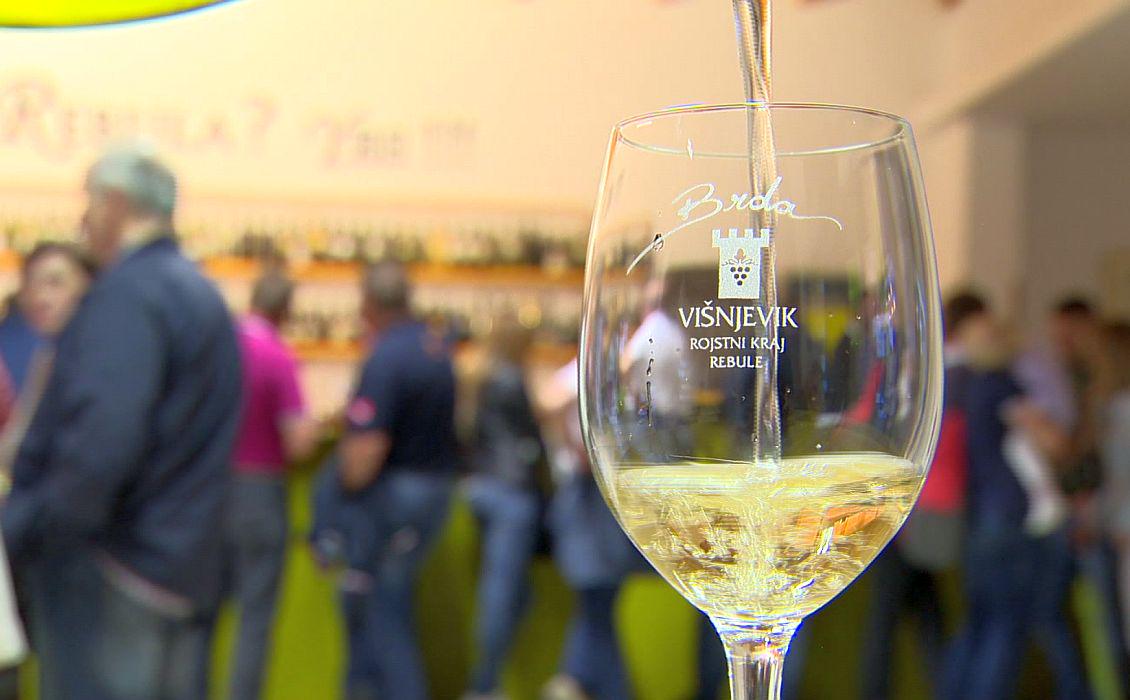"We have learnt from the Italian media that they have received - both from their state, and from Europe - a permit to plant Rebula vine plants on 1000 hectares of the plain territory, in Veneto region, where Rebula grapes have never grown before!" Silvan Peršolja, the director of Vinska klet Goriška brda, complained. "Let me explain: in the Brda hills Rebula grapes grow on 400 hectares of terraced hill slopes, on difficult territory, in the characteristic soil named opoka. While in the Veneto region they intend to plant the vines on undemanding terrain, on alluvial soil, with the allowed crop yield of more than 20 tons per hectare. In Brda the maximal allowed crop yield is 10 tons. And thus the old story will be repeated: once the name of a sort of vine gains respect, as happened with Rebula through our efforts in the hilly Brda, somebody else starts with mass production of the vine of the same name, but on plain terrain, at low expenses and high crop yields, and flood the market with their products."
The winemakers from Brda, regardless of their status as private undertaking or cooperative vinery, learned about the plans of mass planting of Rebula grapes in lowland Italy at the time they are investing the most efforts to obtain geographic protection for Rebula from Brda. They know they cannot protect the species, but by obtaining the PTP recognized traditional denomination they may protect the territory.
Therefore they joined forces - Vinska klet Goriška brda, the Brda Municipality, and the Consortium of vintners from Brda - and are fighting a battle for the most important vine species in Goriška brda. Rebula grows on a quarter of all the vineyards in Brda, i.e. more than two million plants, and it is a recognizable Brda brand. "Once the cheap Italian Rebula floods the market, our hard work will be for nothing," Peršolja warns.
The vintners from Brda are afraid that millions of vine plants in the lowlands of Veneto will devaluate the Rebula wine. The most questionable is the difference in the permits for crop yield per hectare. In the Slovenian Brda the average amounts to up to 7 tons per hectare, and the highest permitted yield is 10 tons. The Italian authorities allow twice the amount per hectare, up to 21 tons! Consequently production costs in Italy can be lower by a half, and the quantity of grapes double.
Yet the fact is that nobody can stop the Italians from planting Rebula vines once the permission from Rome and Brussels is given. Now everything depends on who will be faster and more efficient in the struggle for protection of the wine species, and whether the people from Brda will succeed in obtaining protection for their territory for growing Rebula vines.


































































